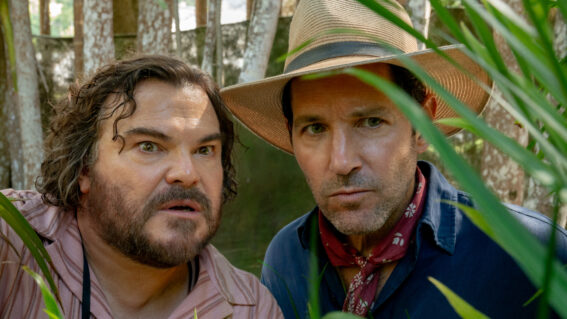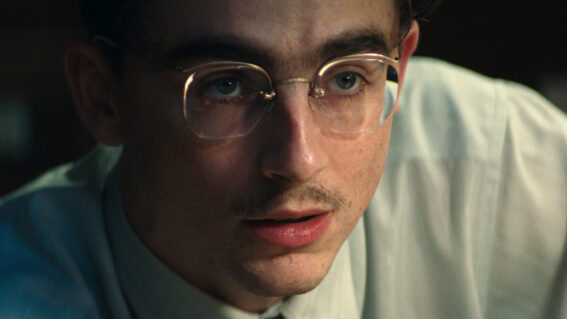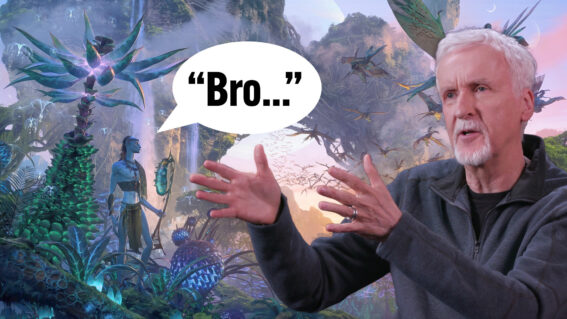Sci-fi series The Lazarus Project makes time travel Armageddon bingeworthy viewing
Mines all our fears about viral Armageddon, nuclear escalation, financial disaster, and environmental catastrophe.
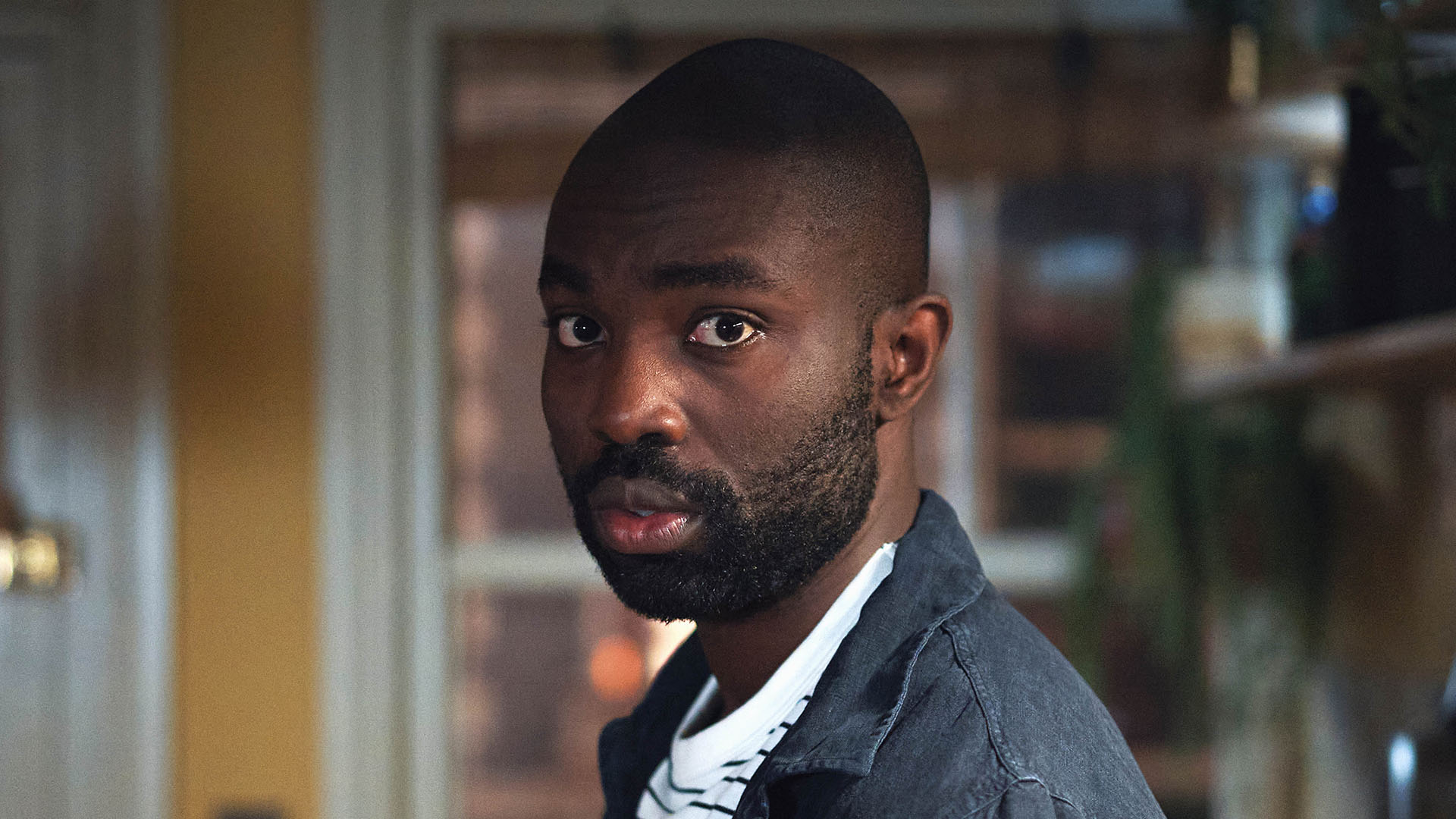
A humble app developer is recruited into a secret society with an advanced look at humanity’s grim future in new sci-fi series The Lazarus Project – stream it on Neon from June 26. Great writing and direction combine with a top-notch cast doing their darnedest to take a head-scratching premise seriously, writes Adam Fresco.
If the idea of a time-bending sci-fi series from the creator of Giri/Haji, starring Paapa Essiedu of I May Destroy You doesn’t get you, then the fact this head-tripping drama turns out to be a bingeworthy delight ought to tempt you to dive in the deep end. The only downer about The Lazarus Project? A season one finale that leaves you begging for more.
Essiedu, an already reliable and likeable actor, takes on the lead role as George, an app developer recruited into a secret society intent on saving the world—again. No spoilers here but for George, the Groundhog Day time-loop kicks off on 1st July 2022, shortly after he discovers his partner Sarah (Charly Clive) is pregnant. Over the following six months, George gets married, gets into business, and gets caught up in a growing world financial crisis, burgeoning Eastern European nuclear arms race, and a deadly global pandemic in quick succession.
Sound familiar? Well, for George the last six months have been a nightmare, only made worse by waking up and starting all over again, back at square one on 1st July 2022. In shades of Twelve Monkeys, George’s attempts to come to terms with his experiences, and warn others to prepare for a surprise global viral outbreak, only serve to make him seem several peanut butter sandwiches short of a full picnic.
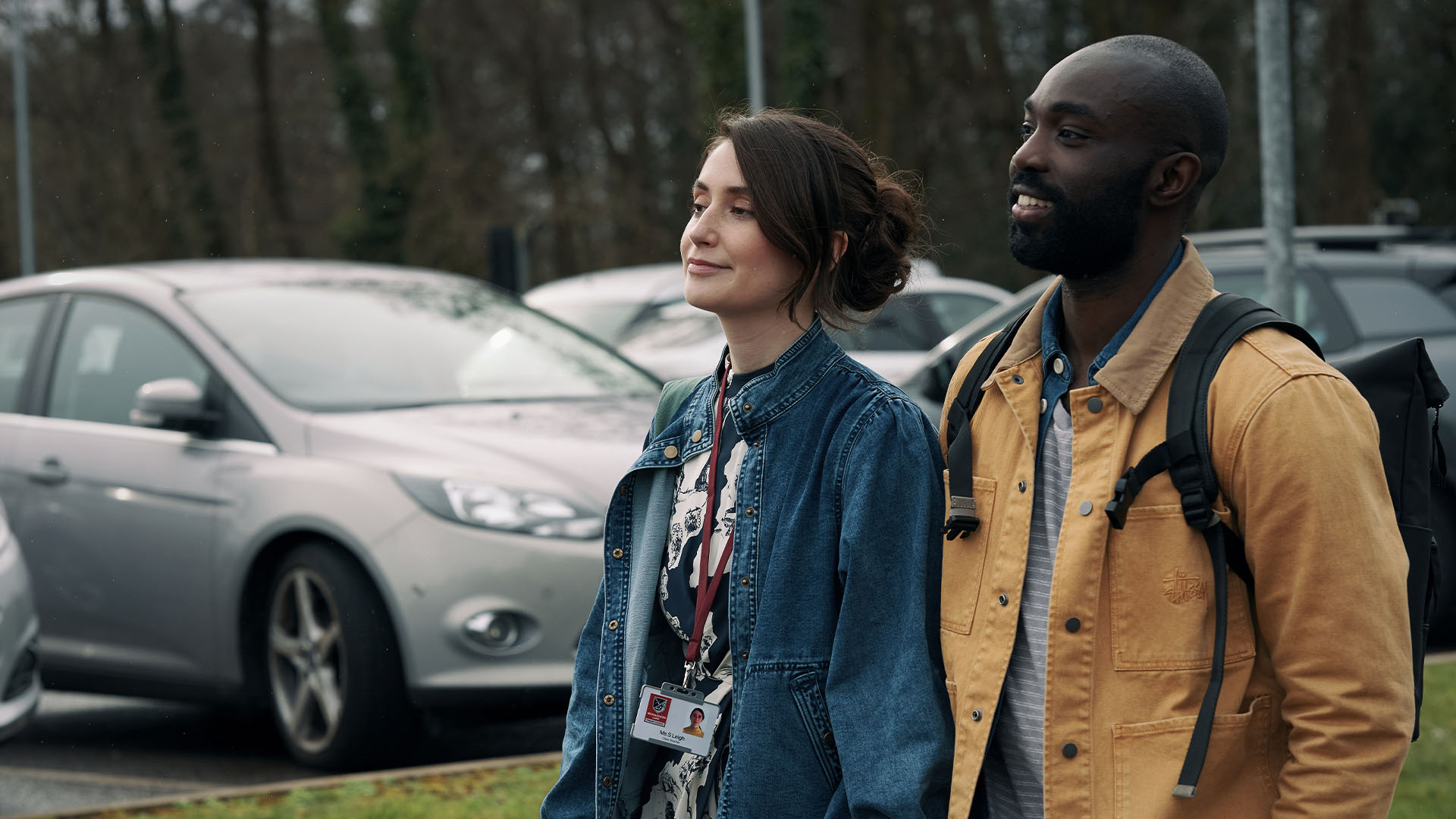
That’s until he meets Archie (Anjli Mohindra), a stranger sympathetic to his plight. Archie offers George her business card, and cryptically suggests he reach out should his six-month life-repeat ever happen again. Which, before you can say “Live Die Repeat is a better title than Edge of Tomorrow”, it does. Flung into a six-month do-over cycle, George finds himself plugged into Archie’s top-secret society, the Lazarus Project.
For those not up on their theology, in the biblical New Testament, Lazarus dies and is restored to life four days later by Jesus Christ. It seems the Lazarus Project is set on saving the Earth in similar fashion. Their advantage? Their members can remember. So, every time, um, time resets, members of the Lazarus Project remember the future still to come. Pretty handy if you memorise the next twenty weeks’ winning Lotto numbers…
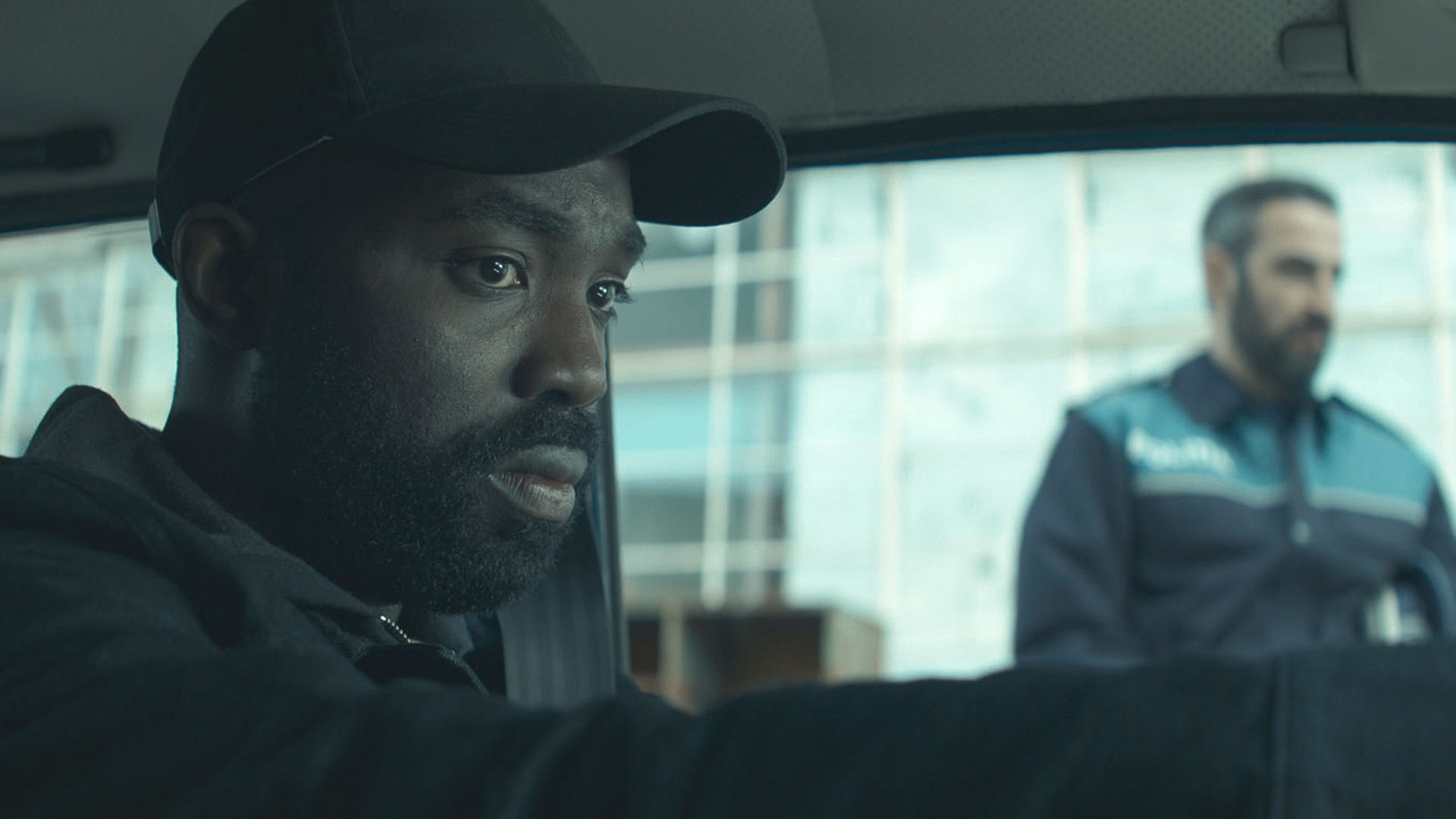
As is needed to sell any convoluted set-up, what makes The Lazarus Project work is great writing, direction, and a top-notch cast doing their darnedest to take the batshit premise seriously. Which they do with exceptional results. British comedian Caroline Quentin is a delight as Lazarus Project leader Wes, playing M to Essiedu’s Bond, and the two are complemented by a host of actors pretty much perfectly cast. Standouts include Rudi Dharmalingam as Shiv, a seasoned Lazarus Project member who turns out to have more in common with George than just being a member of a cult set on saving the timeline.
Entering from episode two as Revrov, a rogue Lazarus Project member, turned traitorous villain, Tom Burke is a scene-stealer. His character arc over the course of the series is a thoughtful and fascinating exercise in creating a backstory that resonates. That’s true of the whole series which, throughout its eight-episode narrative journey, sees clear-cut notions of good and bad, right or wrong, start to muddy, as morality and justice get twisted in tangled loops.
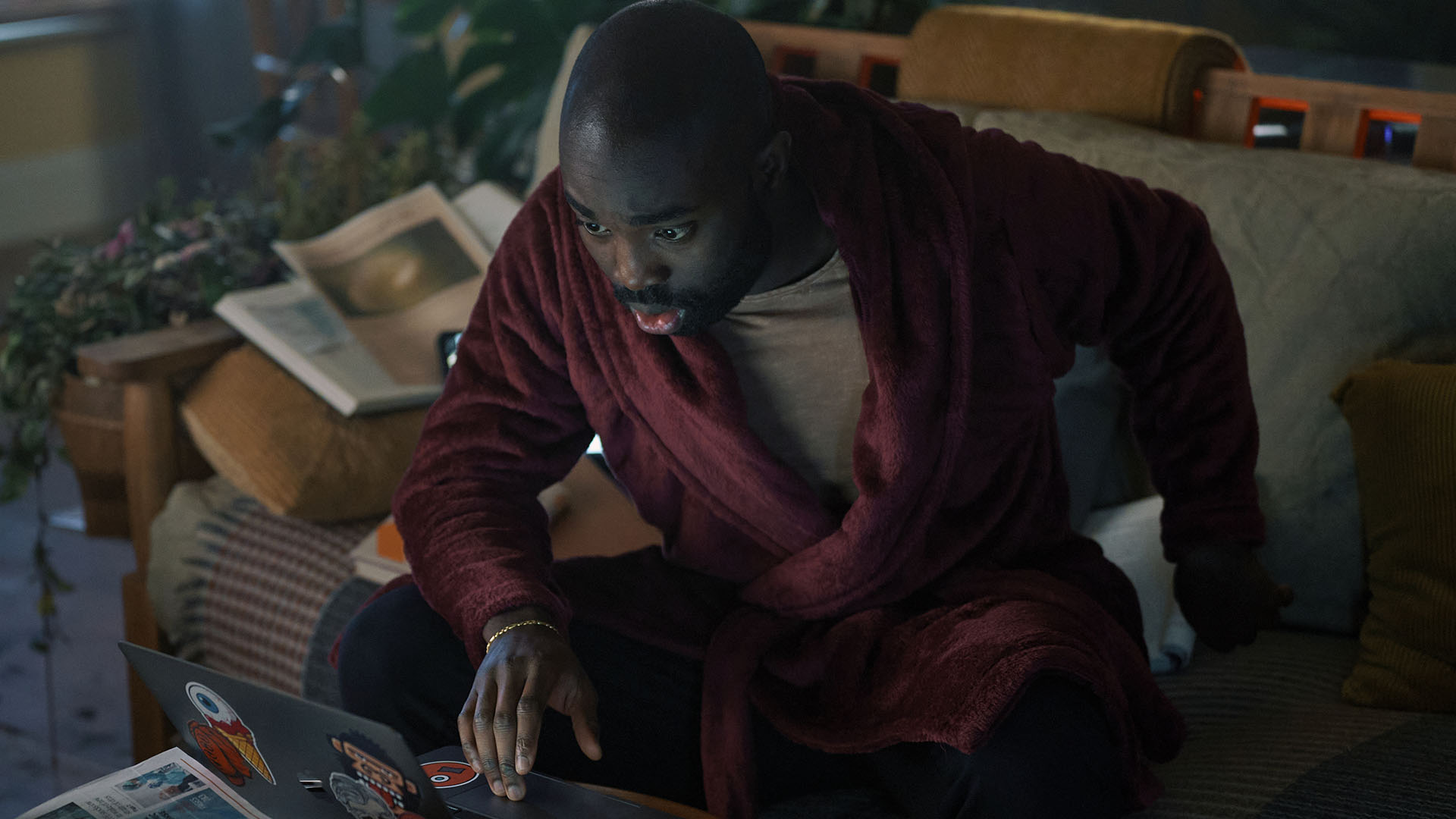
With hints of Doctor Who and James Cameron’s Terminator franchise, the time-traveling sci-fi roots of The Lazarus Project might not be new, but allowing the characters and narrative to stretch out over eight episodes feels fresh. There’s time aplenty to build characters and themes, and to set the audience up to root for heroes who turn out not to be as righteous as they first seemed. It’s a strategy that pays off, with each episode building on the last, as the plot, dramatic intrigue, and characters thicken. Thanks to a talented cast, solid writing, clear direction, efficient editing and cinematic cinematography, the series takes on the sci-fi time-travel tropes of movies, but gives them what they’ve never really had before—time.
The show sci-fi’s the hell out of the COVID pandemic, taking all our pent-up fears and frustrations about a viral Armageddon, nuclear escalation, financial disaster, and environmental catastrophe, and spins dramatic gold, creating a secret society bent on saving humanity that isn’t as selfless or heroic as it first seems.
George’s induction plays out like James McAvoy being trained by Angelina Jolie in Wanted, as he is thrown into a series of montages charting his rise to top-tier ass-kicker. But as George fights for time, it starts to emerge that maybe he can’t outrun the clock, and he will have to pay the price for being able to live, go back, and recall it all.
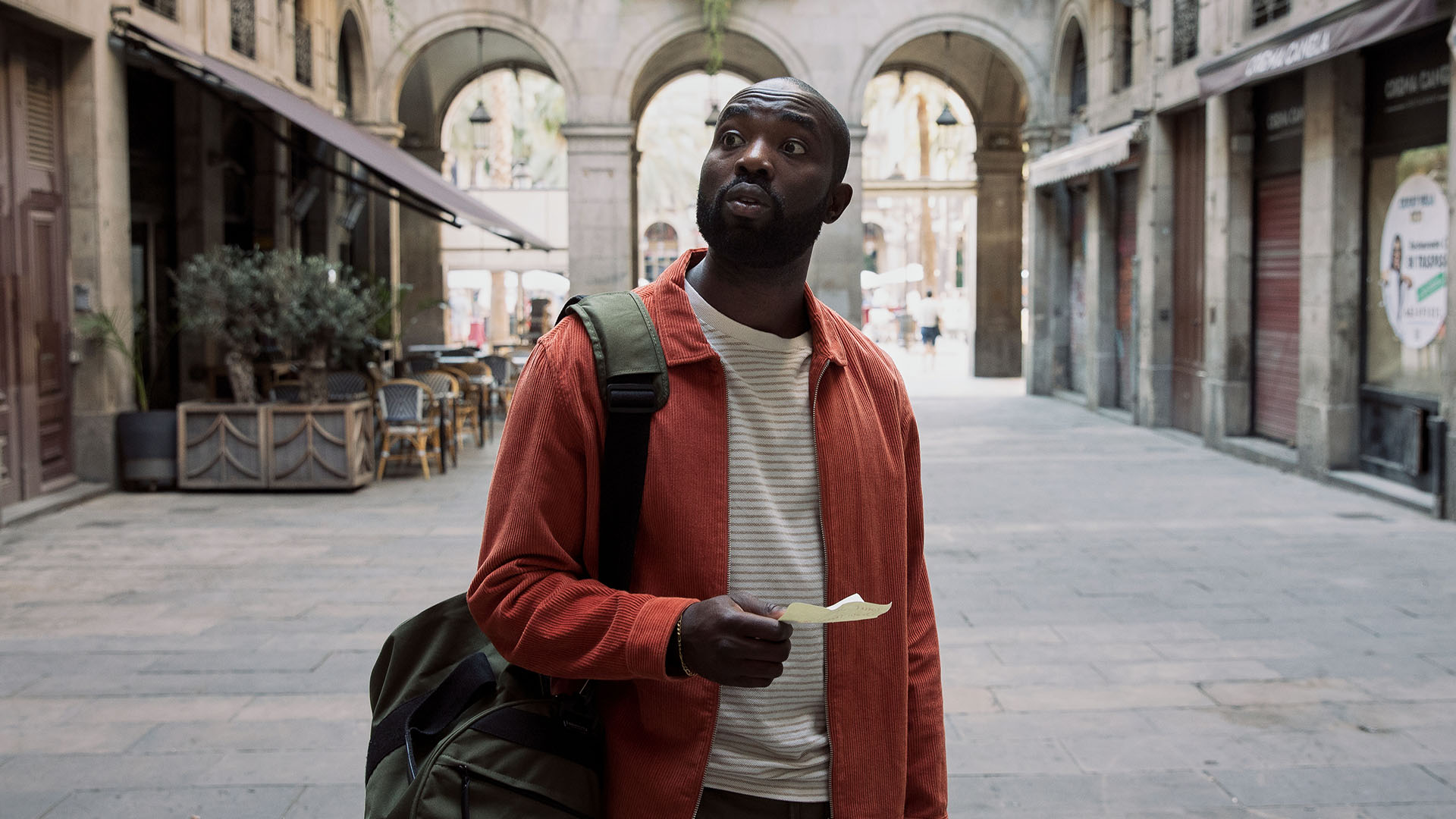
As George, Essiedu holds the whole thing together, portraying a character who runs the gamut from inept, fish-out-of-water innocent to dynamic action hero. From morally muddled protagonist to selfless saviour, Essiedu’s George manages to retain a sense of humour and keep his feet firmly planted on the ground as a realistic, living breathing character with his humanity always intact. Which is just as well, because as the main protagonist, George is the fan that the narrative excrement repeatedly hits, relentlessly slamming him this way and that as the cruel hand of fate delivers him repeated face-slaps.
For the viewer though, there’s gain in George’s pain, with plenty of exhilarating action, and more than enough dramatic and moral meat on which to feast. From the age-old quandary of whether it’s morally permissible to kill someone who is yet to do something evil, to the question of whether our hero should fight for the good of the many he doesn’t know, or the few he does? Throughout the eight episodes, George must grapple with these and other choices, as he is thrown (often literally) from one mind-bending dilemma to the next, in a show that is a highly addictive, bingeworthy delight that proves seriously entertaining.
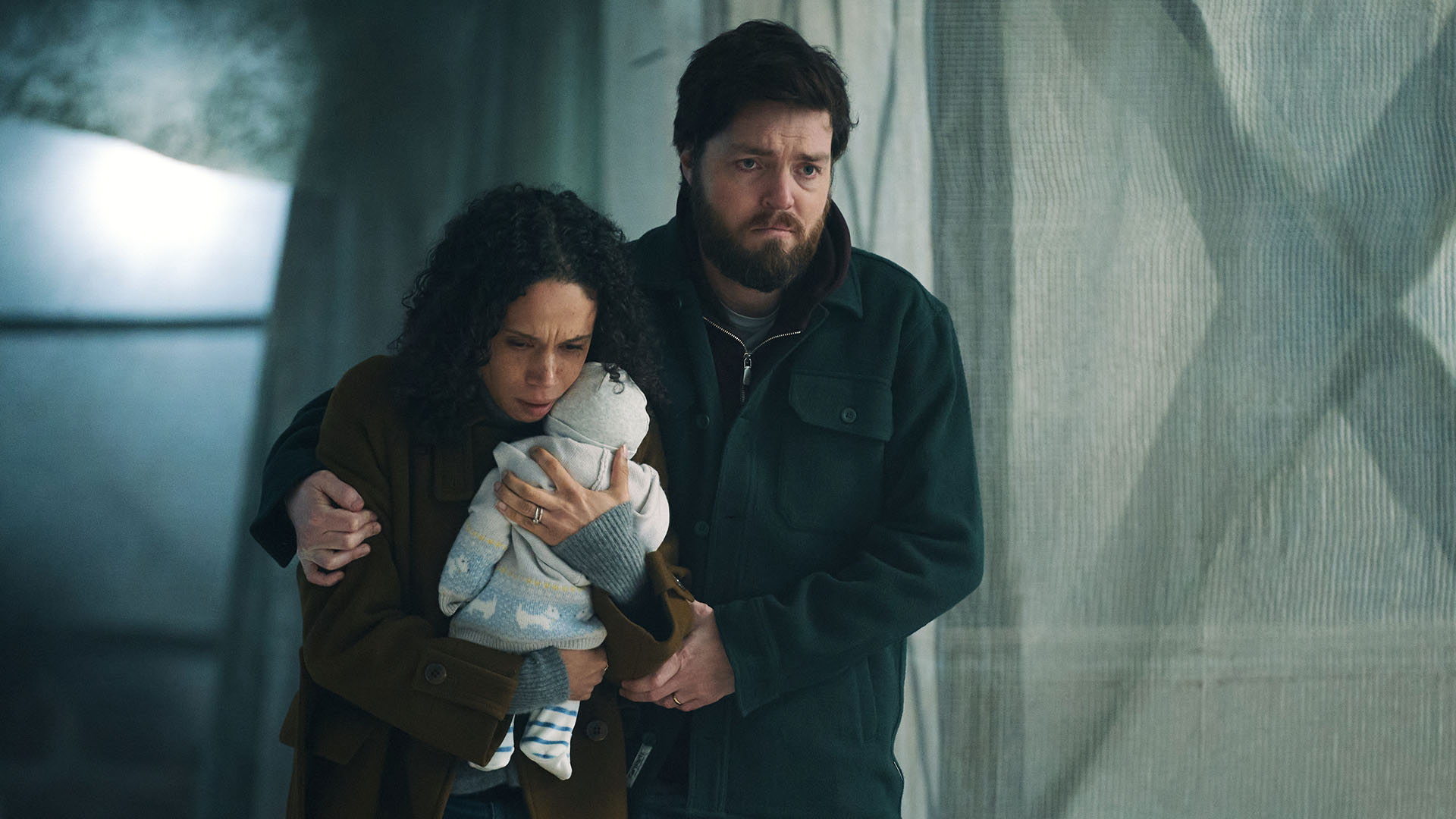
As for the hard science? Much as Bruce Willis’s Old Joe quips in Looper: “I don’t want to talk about time travel because if we start talking about it then we’re going to be here all day talking about it, making diagrams with straws.” In other words, relax, because The Lazarus Project knows that when it comes to time travel, every plot hole is a black hole. As Archie says: “Unless you have a degree in quantum physics, don’t ask.” Yet despite a premise that could see it go full-on silly, The Lazarus Project remains an emotionally resonant, grown-up show that refuses to forget the humanity at its heart.
Unlike some more complex attempts at juggling multiple timelines, here they are laid out for the viewer in a series of entertaining montages that should keep even the most time-perplexed Christopher Nolan-averse, Tenet-haters happy. With characterisation foregrounded, and the science of its sci-fi premise purposefully presented in human terms, The Lazarus Project is a rewarding watch that left me crazy keen for series two after a humdinger of a season one climax.
As for time travel, I’m all set to rewind back to episode one and start all over again, keen to see if this first-rate watch lives up to repeated viewing. I have a gut feeling it will deliver and make its way to the top of my list for this year’s most rewatchable TV shows.








